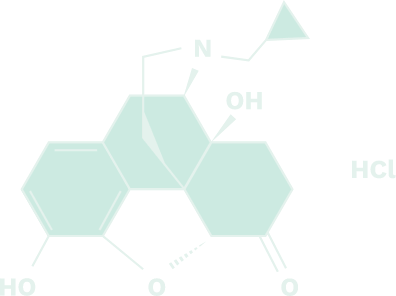Alcohol Use Disorder (AUD) is a common medical condition that around 30 million Americans experience. People with AUD have trouble stopping or controlling their alcohol use despite negative consequences from drinking. Consequences may include problems with family or friends, problems at work, or negative physical and mental health impacts. To be diagnosed with AUD a person must meet certain, specific criteria.
Alcohol Use Disorder is not “alcoholism.” You may have already noticed here at Oar we do not describe naltrexone as “medication for alcoholism” or use the term “alcoholism” in general. Alcoholism is not a modern diagnostic term. Whereas “alcoholism” has historically referred to the most serious cases of alcohol dependence, AUD includes multiple levels of severity (mild, moderate, and severe) that may be diagnosed based on the number of symptoms present. An AUD diagnosis acknowledges that problems with alcohol exist on a spectrum and each individual has their own unique relationship with alcohol.
As serious as consequences of alcohol misuse may be or as intimidating as an AUD diagnosis may feel, treatment works. All types of Alcohol Use Disorder – mild, moderate or severe – can get better with treatment. Medication for AUD, like naltrexone, can be an effective treatment, as well as counseling, therapy, and mutual support groups. A trained, licensed medical professional can assess your alcohol use and whether prescription medication is an appropriate fit for you once you complete an online assessment.
For much more in-depth information on AUD, consult our Reference Library.

